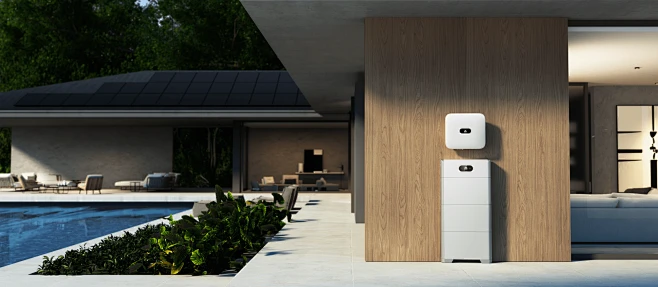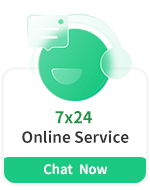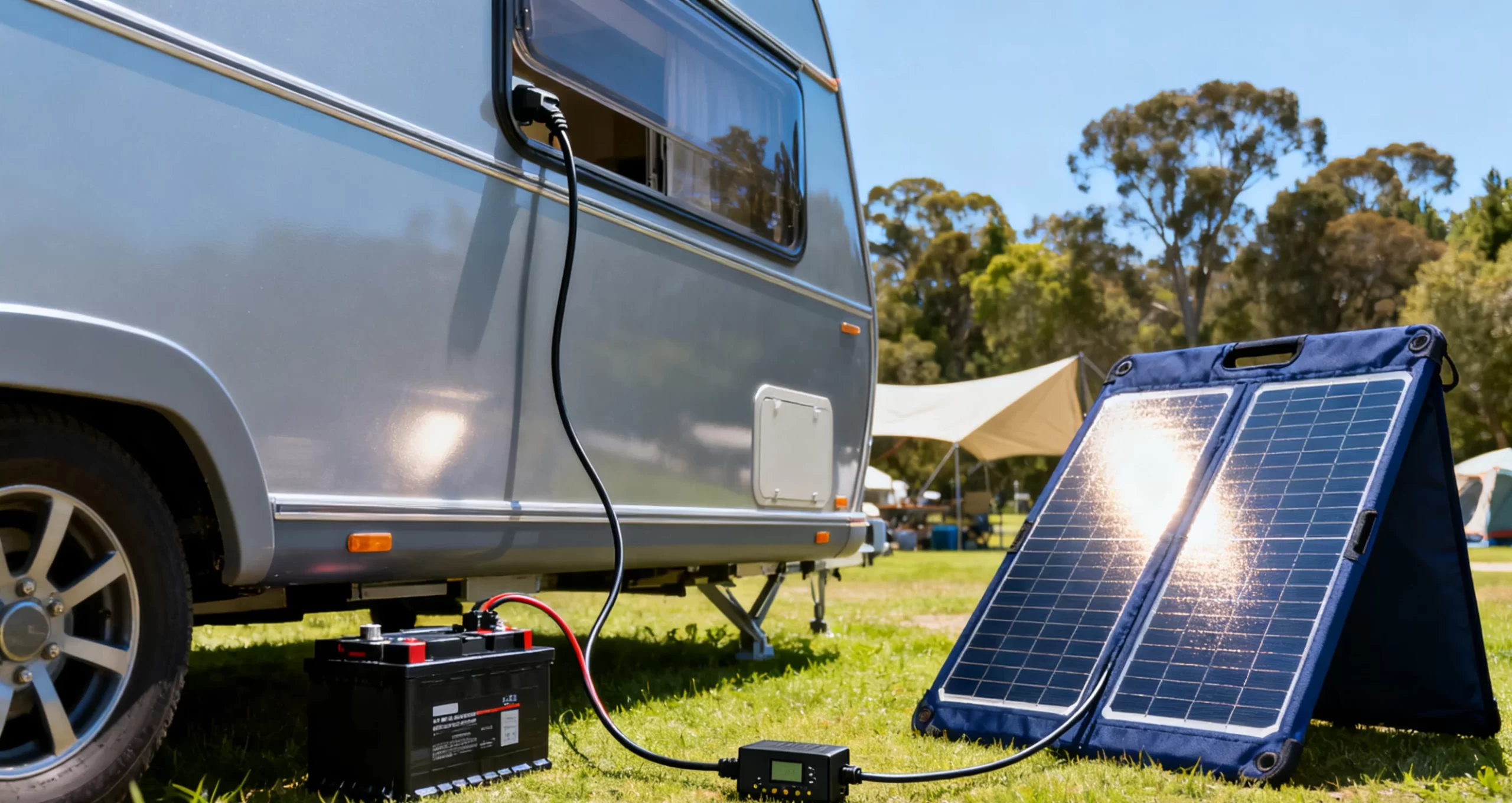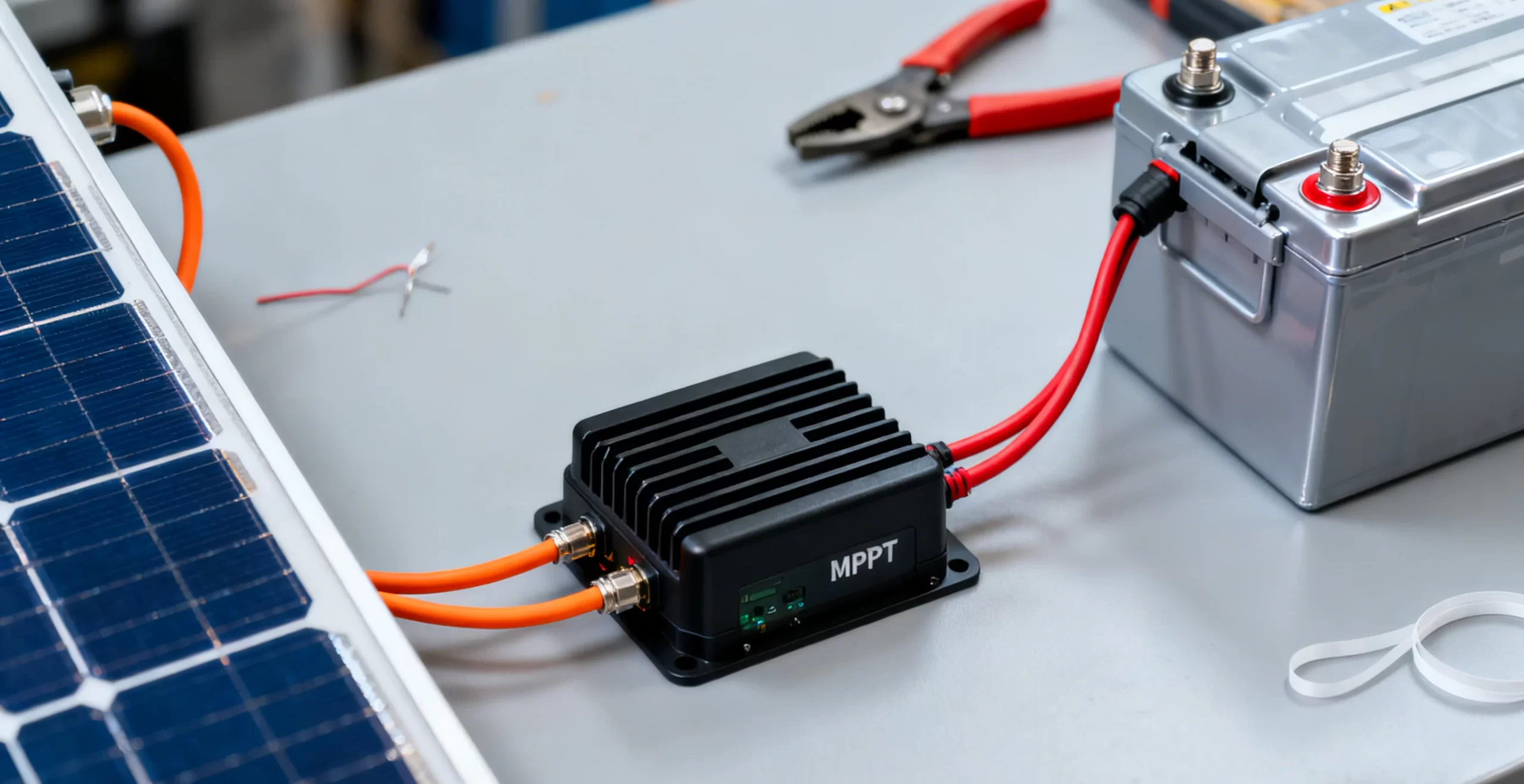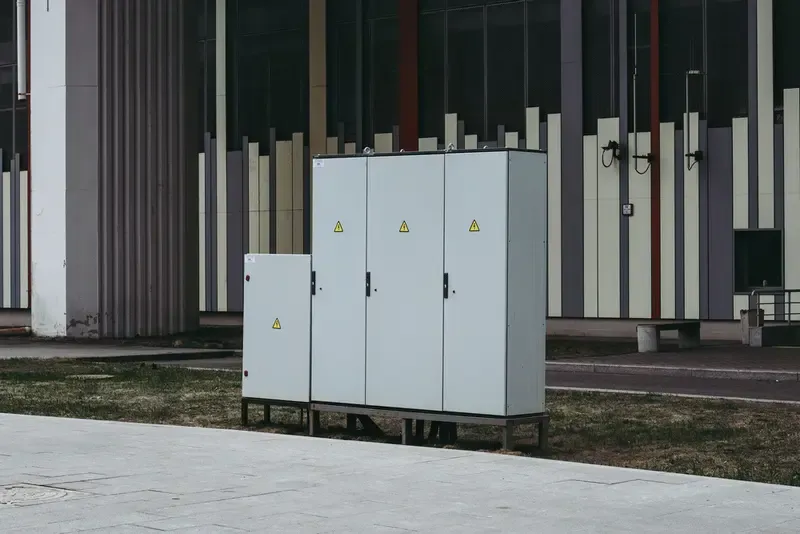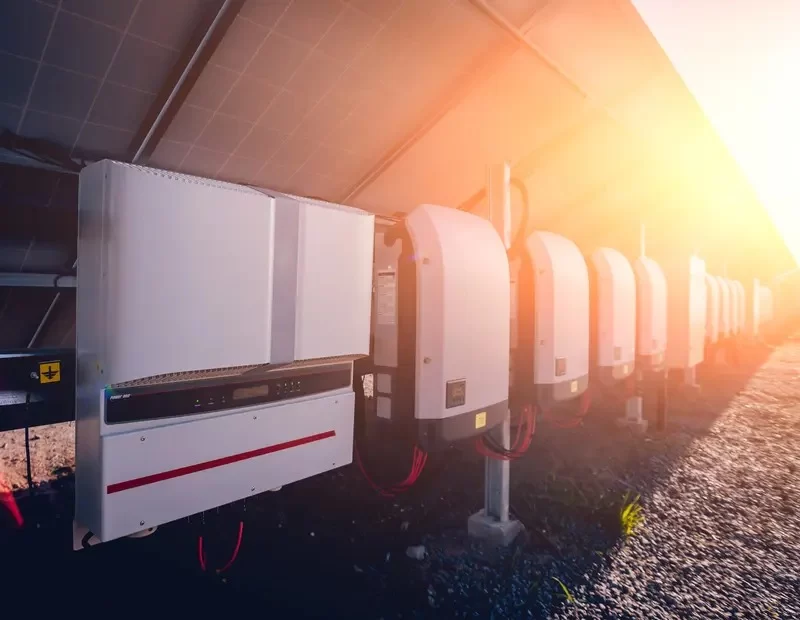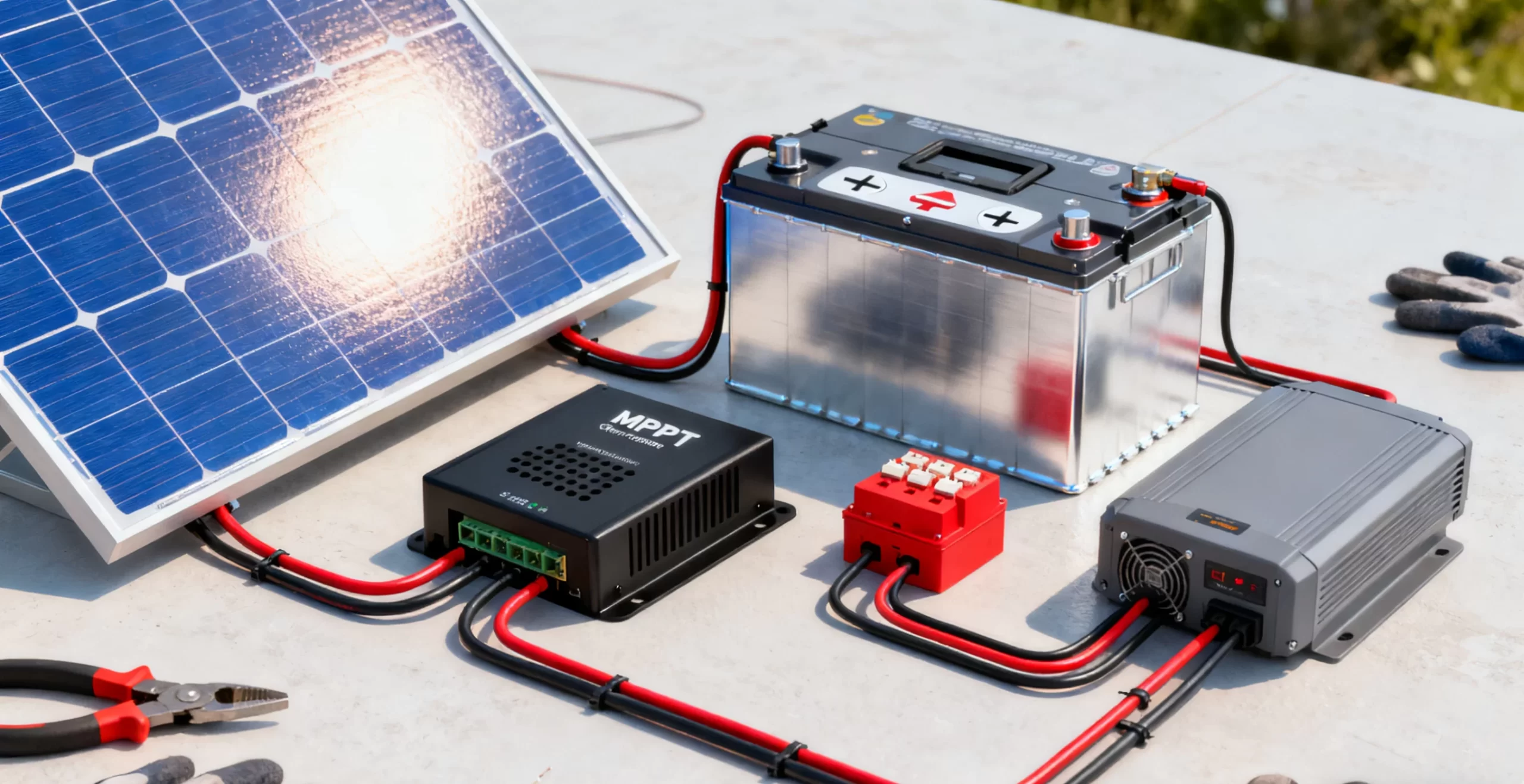- tel:+86-13651638099
- Email: [email protected]
- Official website: www.hj-net.com
- Address: 333 Fengcun Road, Fengxian District, Shanghai
Get A Quote Now!
Types of Home Inverters and Their Applications
Home inverters come in various types, each playing a crucial role in effective energy management. This article explores different types of home inverters, their applications, and their pros and cons, providing a comprehensive guide to choosing the right inverter for your needs.
Off-Grid Inverters
Definition and Function
An off-grid solar inverter is designed to operate independently from the main power grid. These inverters are ideal for situations where there is no access to the electrical grid, as they convert the direct current (DC) from solar panels into alternating current (AC) for home use.
Applications
Off-grid inverters are commonly used in remote cabins, RVs, and outdoor facilities where grid access is unavailable. They provide a reliable power source in isolated locations.
Advantages
Off-grid inverters provide independent power, making them suitable for areas without grid access. They enable the use of renewable energy sources like solar panels, reducing reliance on traditional power sources.
Disadvantages
These inverters depend heavily on battery systems, which can be costly to install and maintain. Additionally, the initial setup requires a significant investment.
Grid-Tie Inverters
Definition and Function
A grid-tie inverter connects directly to the electrical grid, converting DC from solar panels or wind turbines into AC. This allows for the efficient use of generated renewable energy.
Applications
Grid-tie inverters are widely used in residential and commercial settings. They maximize energy utilization by feeding excess power back into the grid, often reducing electricity bills through net metering.
Advantages
These inverters provide stable power output and help reduce electricity costs. By connecting to the grid, they ensure that excess energy is not wasted.
Disadvantages
Grid-tie inverters require a connection to the grid and cannot operate independently during a power outage. This dependency limits their functionality in off-grid scenarios.
Micro-Inverters
Definition and Function
Micro-inverters are installed on each individual solar panel, independently converting the power produced by each panel.
Applications
Micro-inverters are ideal for residential solar systems, particularly in scenarios where panels may experience shading or have varying orientations. They ensure optimal performance of each panel.
Advantages
These inverters improve overall energy production efficiency and system performance. They also allow for easier expansion of the solar array.
Disadvantages
Micro-inverters are more expensive and complex to install compared to traditional string inverters. The higher initial cost can be a barrier for some homeowners.
Battery-Based Inverters
Definition and Function
Battery-based inverters manage the flow of energy in and out of storage batteries. They are essential for systems that store energy for later use, such as during power outages or peak demand times.
Applications
These inverters are used in residential energy storage systems and solar battery storage setups. They help homeowners achieve greater energy independence.
Advantages
Battery-based inverters allow for the storage of excess energy, which can be used during times of low production or high demand. This increases energy autonomy and reliability.
Disadvantages
These systems require additional battery storage, which can be expensive. The cost and complexity of installation and maintenance are higher compared to other inverter types.
Hybrid Inverters
Definition and Function
Hybrid inverters combine the features of solar panel inverters and battery management systems. They are versatile, supporting both grid-tie and off-grid applications.
Applications
Hybrid inverters are ideal for homes aiming to maximize energy independence by integrating solar power with energy storage solutions.
Advantages
They offer flexible energy management and maximize the utilization of renewable energy sources. Hybrid inverters support both grid-connected and standalone operations.
Disadvantages
These systems are complex and costly, requiring professional installation. The higher initial investment can be a deterrent for some homeowners.
Choosing the Right Inverter
Assessing Needs
Selecting the right inverter depends on your specific energy needs and goals. Consider factors such as energy independence, cost, and the type of renewable energy system in place.
Energy Independence vs. Cost
Balance the advantages and disadvantages of different inverters to find the best fit for your home. Evaluate long-term savings against initial investment and maintenance costs.
Installation and Maintenance
Consider the complexity and cost of installation and maintenance. Choose an inverter that suits your technical skills and budget.
Conclusion
Home inverters come in various types, each offering unique advantages for different applications. By understanding the specific benefits and limitations of each type, homeowners can make informed decisions to optimize their energy management and savings. Investing in the right inverter based on your needs and goals can significantly enhance your home’s energy efficiency and sustainability.
Ready to enhance your home’s energy efficiency? Discover our range of advanced home inverters designed for various needs and applications.

